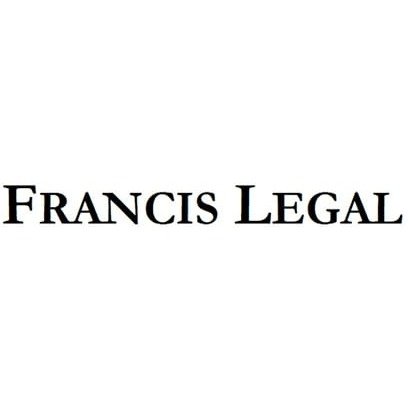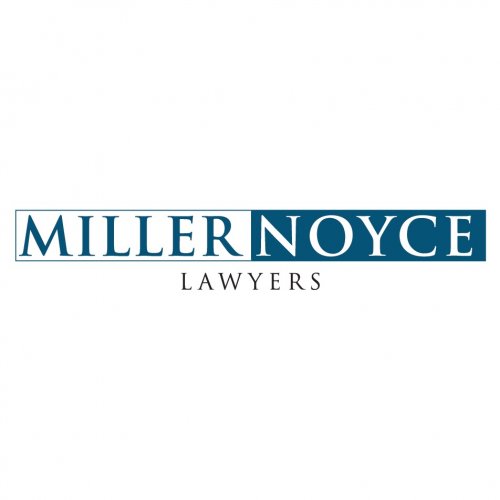Best Estate Planning Lawyers in Hornsby
Share your needs with us, get contacted by law firms.
Free. Takes 2 min.
List of the best lawyers in Hornsby, Australia
About Estate Planning Law in Hornsby, Australia
Estate planning in Hornsby, Australia involves the preparation and management of an individual's assets in the event of their incapacity or death. This process allows individuals to specify how their assets will be distributed, who will manage their affairs, and how to minimize potential taxes and legal challenges. An effective estate plan ensures that your financial, health, and personal wishes are legally documented and can include documents such as wills, trusts, powers of attorney, and health directives.
Why You May Need a Lawyer
Estate planning can be complex, depending on an individual's circumstances. Here are common situations where you might need legal help:
- You own a business and wish to plan for succession.
- Your estate is large or includes international assets that require detailed planning.
- You have children or dependents who may need guardianship arrangements.
- You want to set up a trust for family or charitable purposes.
- You wish to minimize taxes and legal disputes among beneficiaries.
In these instances, a lawyer can provide customized advice and ensure all legal requirements are met.
Local Laws Overview
Hornsby, part of New South Wales (NSW), is governed by estate laws that align with Australian regulations. Key aspects include:
- Intestacy laws: These apply if a person dies without a will, specifying how assets are to be distributed among surviving relatives.
- Probate process: Verification of a will’s validity and the executor's ability to manage the estate.
- Family Provision Claims: Allows eligible persons to challenge a will if they believe they have not been adequately provided for.
- Enduring Powers of Attorney and Guardianship: Legal arrangements where individuals appoint others to make decisions on their behalf if they become incapacitated.
Frequently Asked Questions
What is the importance of having a will?
A will ensures your wishes regarding asset distribution and guardianship of minors are respected after your death. It helps avoid intestacy laws that may not align with your preferences.
Can I write my own will?
While self-written wills are legal, they must adhere to specific legal requirements to be valid. Professional advice is recommended to avoid errors and ensure clarity.
What happens if I die without a will?
If you die intestate (without a will), your assets are distributed according to NSW intestacy laws, which may not reflect your personal wishes and could cause family disputes.
How does a trust work in estate planning?
A trust can hold assets for beneficiaries, providing control over asset distribution, tax benefits, and protection from creditors or divorce settlements.
What is a Power of Attorney?
A Power of Attorney grants someone authority to make financial and legal decisions on your behalf when you're unable or unavailable to do so.
What is an Enduring Guardian?
An Enduring Guardian is someone appointed to make health or lifestyle decisions on your behalf if you lose the capacity to make those decisions yourself.
Are there taxes on inheritance in Australia?
Australia does not impose inheritance tax. However, other taxes, such as capital gains tax, may apply depending on the asset types and conditions.
Can my will be contested?
Yes, under NSW law, certain individuals can challenge a will if they feel inadequately provided for, under the Family Provision Act.
When should I update my estate plan?
Review your estate plan periodically and after significant life events like marriage, divorce, births, deaths, or major acquisitions/dispositions of assets.
What is probate, and why is it necessary?
Probate is the legal process of proving a will's validity and the executor's role in managing the estate. It's necessary to grant the executor authority to distribute the estate.
Additional Resources
For further guidance, consider consulting the following resources:
- NSW Trustee & Guardian: Provides will-making and estate planning services.
- The Law Society of New South Wales: Offers resources for finding qualified estate planning lawyers.
- Hornsby Shire Legal Centre: May offer assistance or referrals for legal advice in estate planning.
Next Steps
If you require legal assistance in estate planning, consider these steps:
- Evaluate your estate planning needs by listing your assets, liabilities, and wishes for distribution.
- Reach out to a specialized estate planning lawyer in Hornsby for a consultation.
- Prepare necessary documentation, such as identification and asset records, to facilitate your initial discussions.
- Consider involving financial advisors to complement legal advisement, especially in complex planning scenarios.
Lawzana helps you find the best lawyers and law firms in Hornsby through a curated and pre-screened list of qualified legal professionals. Our platform offers rankings and detailed profiles of attorneys and law firms, allowing you to compare based on practice areas, including Estate Planning, experience, and client feedback.
Each profile includes a description of the firm's areas of practice, client reviews, team members and partners, year of establishment, spoken languages, office locations, contact information, social media presence, and any published articles or resources. Most firms on our platform speak English and are experienced in both local and international legal matters.
Get a quote from top-rated law firms in Hornsby, Australia — quickly, securely, and without unnecessary hassle.
Disclaimer:
The information provided on this page is for general informational purposes only and does not constitute legal advice. While we strive to ensure the accuracy and relevance of the content, legal information may change over time, and interpretations of the law can vary. You should always consult with a qualified legal professional for advice specific to your situation.
We disclaim all liability for actions taken or not taken based on the content of this page. If you believe any information is incorrect or outdated, please contact us, and we will review and update it where appropriate.











